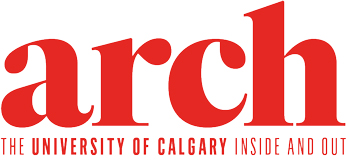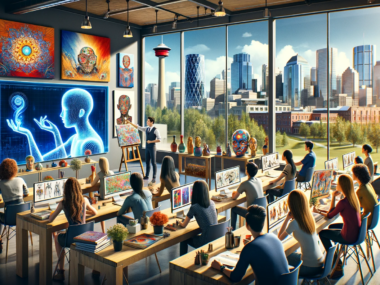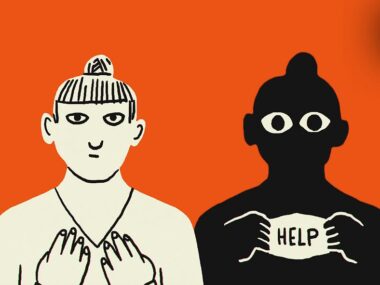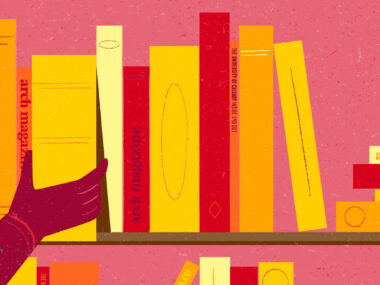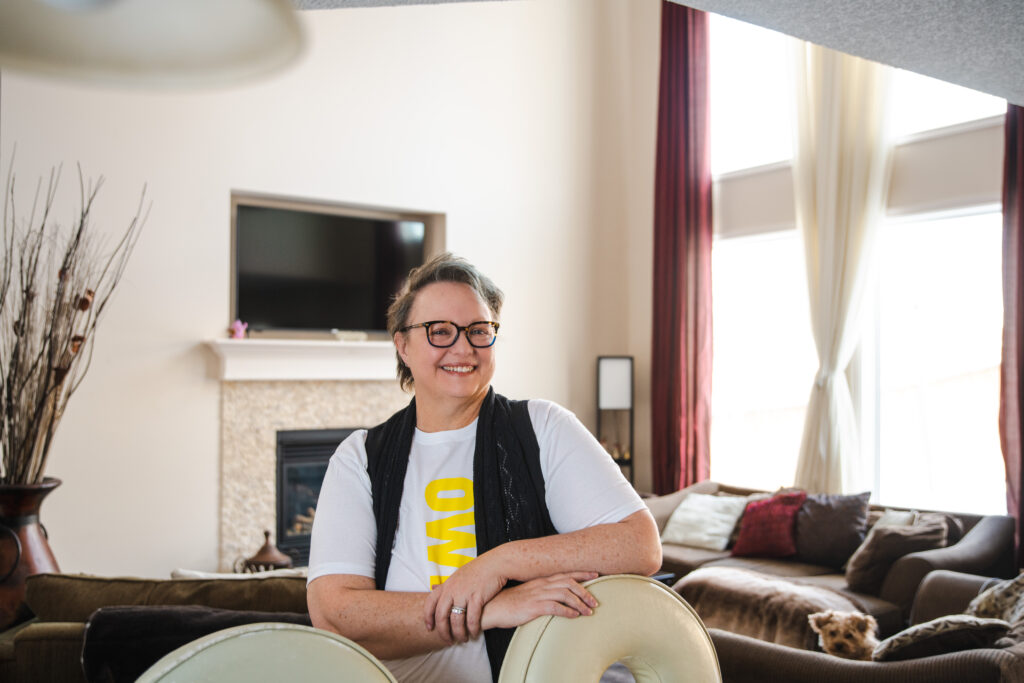
Written by Jacquie Moore, BA’97
“Everyone who is born holds dual citizenship in the kingdom of the well and in the kingdom of the sick. Although we all prefer to use the good passport, sooner or later each of us is obliged, at least for a spell, to identify ourselves as citizens of that other place.”
— Susan Sontag, Illness as Metaphor
Mike Richardson was a cowboy — the classic Hollywood-movie kind who gets things done and isn’t inclined to complain or talk about his emotional distress. One day in 2011, Mike noticed a weird mole on his collarbone that he couldn’t ignore. It was removed but, six months later, there was a lump beside his Adam’s apple. Surgery and radiation followed — as did a scan that showed cancer on his spleen. A couple of weeks into chemotherapy, Mike — generally easy-going and funny — became so uncharacteristically unpleasant that an oncology nurse who noticed the change in his demeanour suggested he see a psychologist.
“He was always a quiet person, but it was suddenly like he’d hit a brick wall,” says Eryn Giles, who was married to Mike. “It was a tense situation — we had told his doctors he was in pain, but it felt like we weren’t being taken seriously,” she says. “A cloud had gone over Mike’s eyes.” He reluctantly agreed to go with his wife to meet Dr. Barry Bultz, PhD, a world-renowned leader in the field of psychosocial oncology. “Mike wanted nothing to do with Barry or any psychologist,” says Giles. But her husband was suffering and he — they — needed a different kind of help.
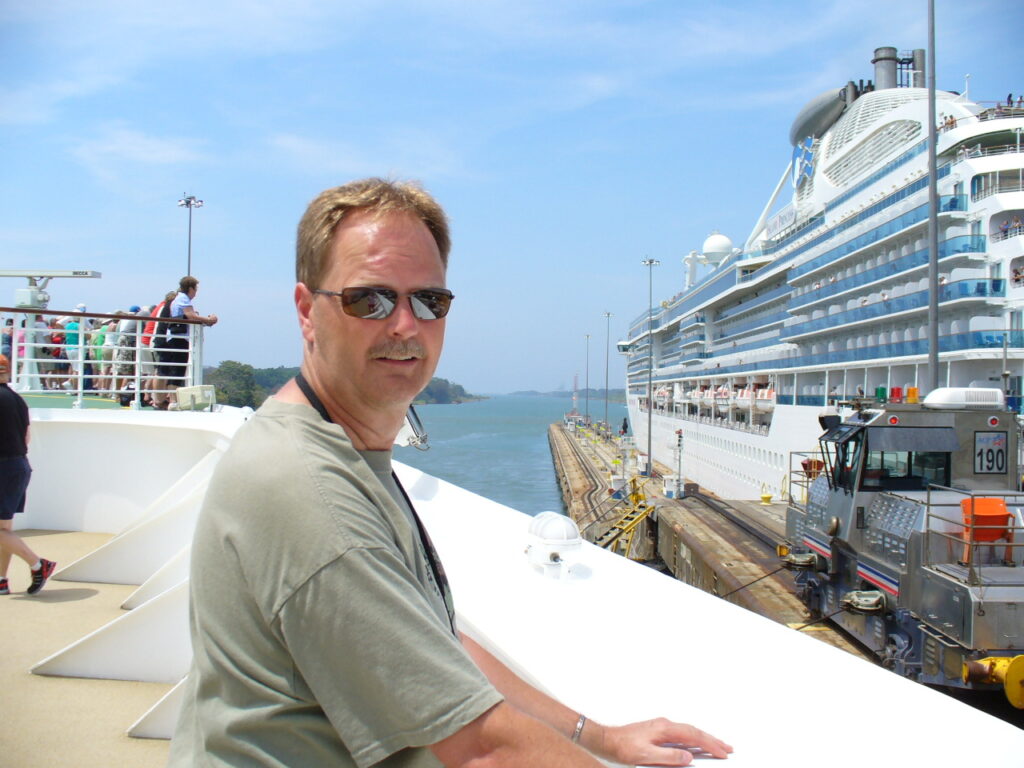
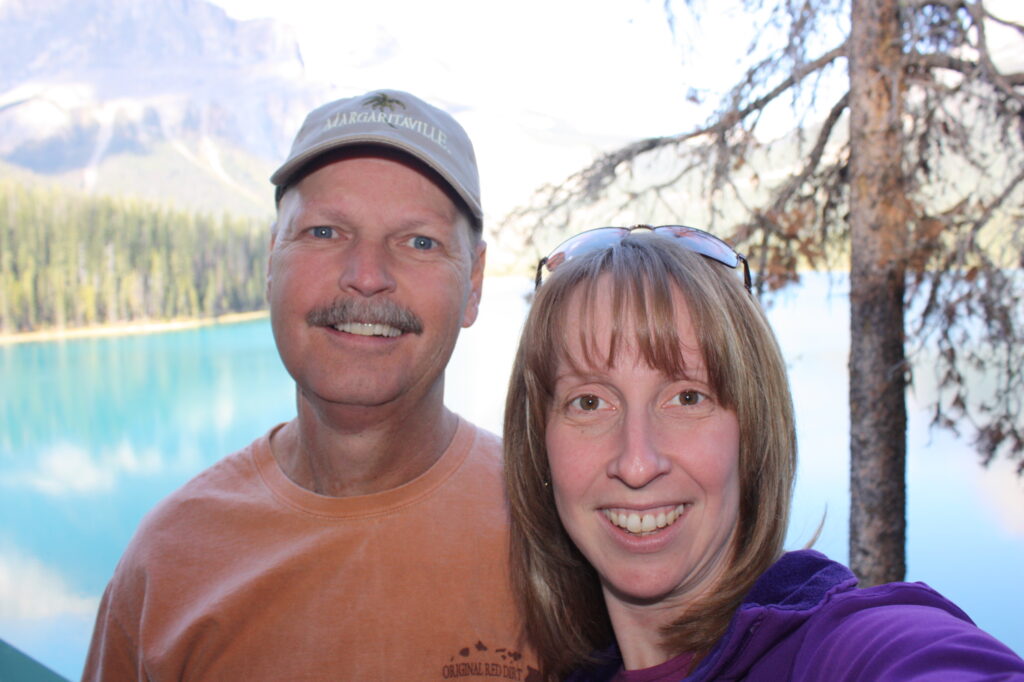
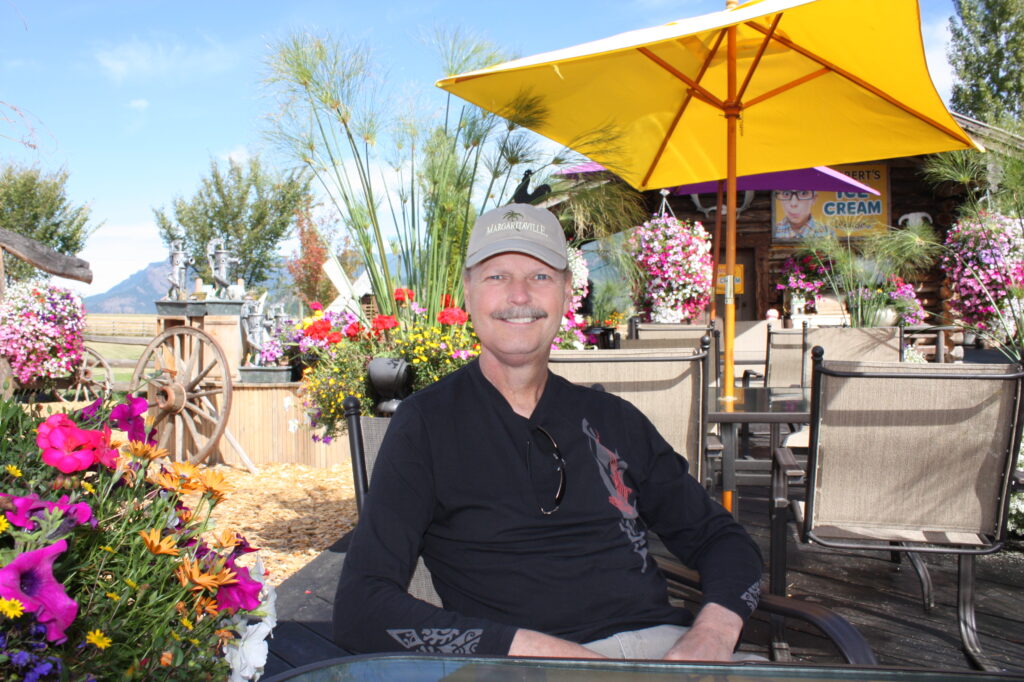
There’s a field of psychological research and care specifically around cancer. Indeed, psychosocial oncology is a core discipline in comprehensive care designed to address the emotional needs of cancer patients and their loved ones. While other areas of medicine care such as heart disease are now also considering psychosocial treatment, cancer led the way. Why is that? Bultz’s short answer is: “Because cancer is the leading cause of death worldwide.”
Global research shows that anxiety, depression and fear are common in cancer patients. Bultz points to a book by the late American philosopher Susan Sontag in which she writes that illness — cancer, in particular — is a metaphor for fear of death, pain and suffering. “We cannot treat a person with cancer without treating the whole person,” says Bultz. And we can’t do that, he adds, “without reaching the heart.”
The 1970s were a revolutionary time for cancer diagnoses and treatments; the emergence of chemotherapy combinations meant that people with once-fatal cancers started living longer and even being cured. The official “war on cancer” had begun. While many strides were made in labs and clinical settings, a psychiatrist named Dr. Jimmie Holland at New York City’s Memorial Sloan Kettering Cancer Center started to wonder how patients were faring emotionally. Uncovering deeper answers to a busy oncologist’s standard question, “How are you today?” led Holland to measure the emotional and psychological states of people with cancer, going beyond what their health-care providers were able to observe. Her data and emerging therapy and treatments put the mental wellness of people with cancer on the medical agenda and, by the early 1980s, psychosocial oncology was recognized as an evidence-based subspeciality.
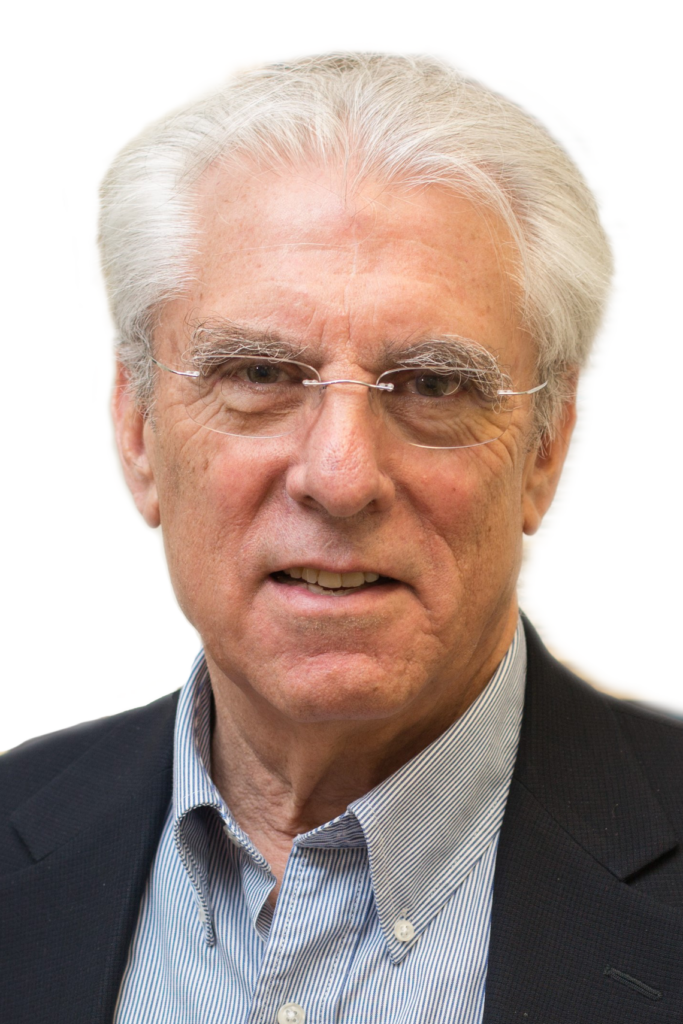
“My personal philosophy is to live a meaningful life, one without regret, and this is what I have tried to encourage in my patients. No matter where someone is on their cancer journey, life can be meaningful.”
Dr. Barry Bultz
Calgary was an early hub of advancements in psychosocial oncology. In 1981, in a visionary move toward treating the whole patient, the Tom Baker Cancer Centre recruited Bultz to drive cancer-related psychosocial research and treatment. A professor in the departments of Oncology and Psychiatry at UCalgary’s Cumming School of Medicine, Bultz was recently appointed to the Order of Canada for his four decades of devotion to positively impacting the mental health of people with cancer. Bultz established a global acceptance of screening for emotional distress as the ”sixth vital sign” for cancer patients and, since 2016, he has held the Daniel Family Leadership Chair in Psychosocial Oncology at the Arnie Charbonneau Cancer Institute. The Institute recently received a $5-million gift from the Daniel Family Foundation to expand its research capacity through a new chair position and establishing the Daniel Family Foundation Psychosocial Oncology Hub at the soon-to-open Calgary Cancer Centre.
While standardized screening, symptom assessment tools and evidence-based treatments inform and address paths to improved emotional, behavioural and social wellness for cancer patients and their loved ones, the impact of psychosocial therapy is most powerfully understood anecdotally.
Giles says the moment Mike filled out the physical and emotional-distress symptom assessment tool in Bultz’s office that allowed him to pin his pain level to a number (an almost unbearable 8 out of 10), life started to get better. Bultz immediately referred him to a pain clinic. And, in the safe space of regular appointments with Bultz and Giles, Mike became increasingly open about his physical, as well as existential, distresses. “He started to admit that he was worried about things like being a burden to his family, about hair loss and other issues,” says Giles.
Bultz would guide the couple to various avenues for support, as well as give them homework, such as working together to write the story of Mike’s life. “My personal philosophy is to live a meaningful life, one without regret, and this is what I have tried to encourage in my patients,” says Bultz. “No matter where someone is on their cancer journey, life can be meaningful.”
Over several weeks, Mike and Eryn’s cancer-focused lives became less-burdened, a little brighter. “Mike became more the person he was when I first met him — he was happier, he was laughing more,” says Giles. “There was still worry, but he didn’t fret over it all the time — Barry put that calm into him: ‘It’s going to be okay, you won’t be alone, there will be support, you can manage.’”
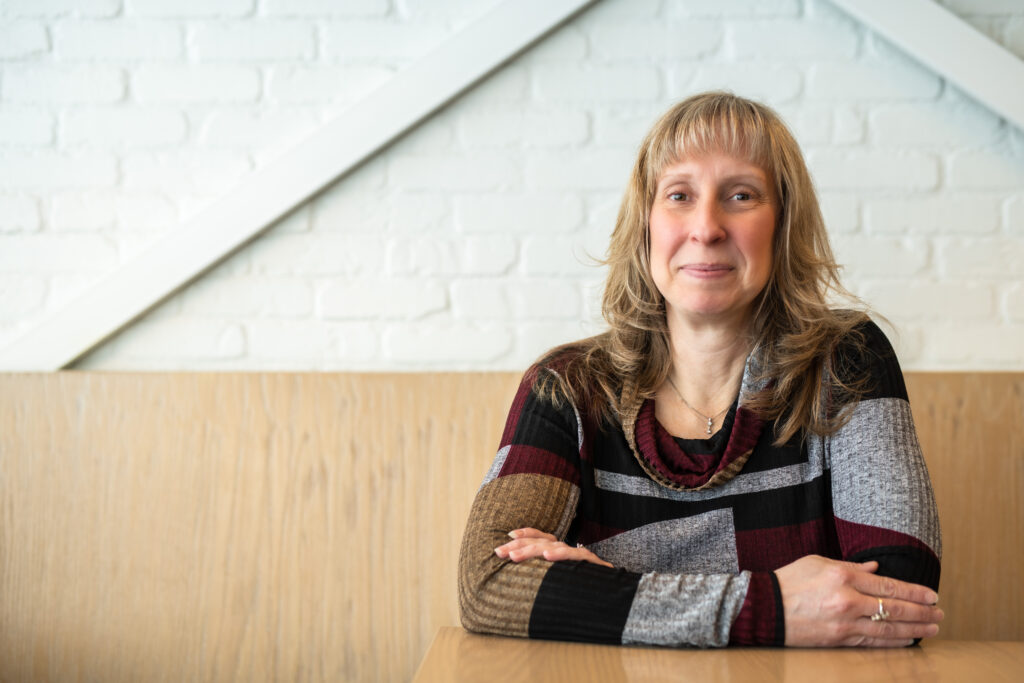
A framed belt buckle on the wall in Bultz’ office, given to him by Giles, is proof of the levity and openness that Mike gained: after several weeks of therapy, he started to hug Bultz at the end of each session, joking that that was okay, “as long as [our] belt buckles don’t touch.”
Studies show that most cancer patients do not meet the diagnostic criteria for any specific mental disorder, but that many experience a level of emotional distress that can interfere with their ability to cope effectively with the physical symptoms of cancer and its treatment. In other words, there’s no separating the mind from the body.
“As with all illnesses, cancer care gets siloed,” says Bultz. “But I believe firmly that you cannot treat cancer without treating the distress that accompanies it.” In a recent article in the Journal of Oncology, co-authored with Dr. Linda Carlson , PhD, professor of psychosocial oncology at CSM and Enbridge Research Chair in Psychosocial Oncology, Bultz points to large studies at the Sidney Kimmel Comprehensive Cancer Center at Johns Hopkins and at the Tom Baker that found “high levels of fatigue (49 per cent of all patients), pain (26 per cent), anxiety (24 per cent) and depression (24 per cent), along with significant financial hardship and material challenges in a representative cross-section of patients screened for emotional distress.” Indeed, cancer-related trauma comes in many forms.
Another patient in the psychosocial therapy program, Beth Fortin describes certain stress points that she couldn’t have imagined would accompany her 2020 diagnosis of Stage 3 breast cancer. She was taken aback and upset by the battle-dialogue that surrounded her: it seemed she was instantly expected to be brave and ready for a fight. But she didn’t feel like a warrior. And she didn’t want to tell that to her loved ones who were already burdened with worry and care for her. “I had never thought about the end of my life,” says Fortin. “But, suddenly, all I could think about was, ‘When am I going to die, what should I do, what would I endure before I called it quits?’” For a long time after her double-mastectomy and chemotherapy, Fortin would look in the mirror with shock and sadness at her previously large-breasted, long-haired self and wonder, “Who is this stranger following me around?”
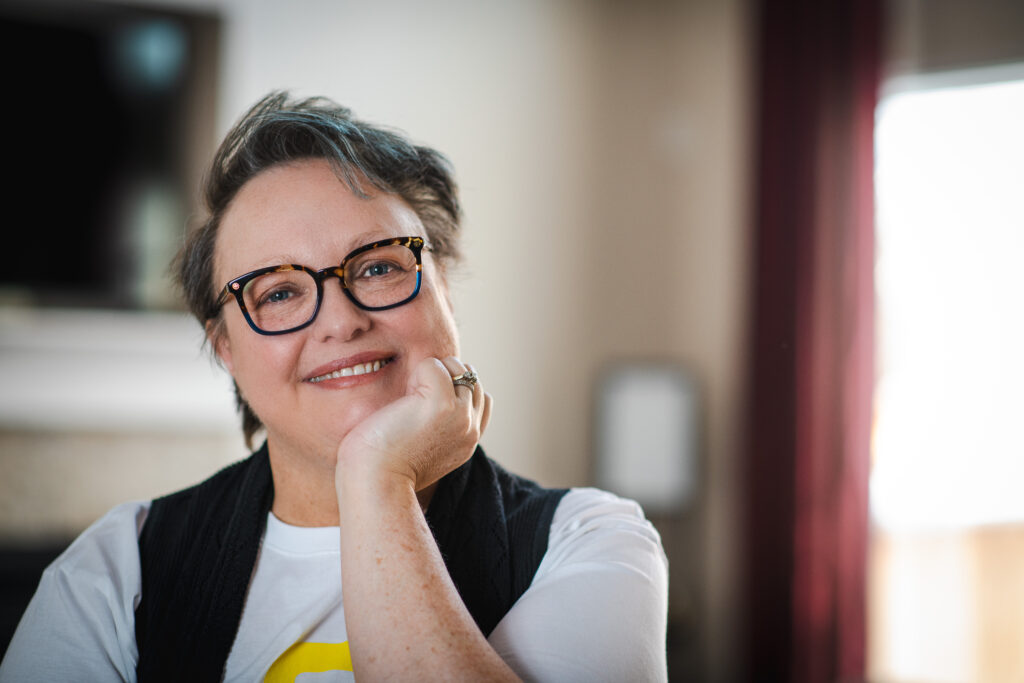
Fortin likens her cancer diagnosis to a bomb going off in her life: “There’s so much collateral damage you just can’t know ahead of time how it affects everything.” She found, however, that she didn’t have time or mental space to do or think about anything except her next appointment, her surgery, medications, phone calls from nurses, treatment protocols, etc. “You become a patient immediately,” says Fortin. “And everyone starts telling you how to feel, like, ‘Don’t think about negative things, you’re going to get better!’ but nobody understands what’s going on inside — no matter how supportive they are, they just don’t get it.” She was terrified.
She is also, however, enviably confident and self-aware. Fortin realized early on that she needed help and asked her health-care provider for guidance. In therapy with a psychologist on Bultz’s team, she was able to express her darkest fears, as well as discover that she was allowed to plan for a long life and a bright future.
Fortin wishes more people with cancer knew to ask for such help navigating their distress — or, better yet, she wishes psychosocial therapy was automatically prescribed along with cancer medication. “Psychosocial therapy should be as valued and imperative in the process as chemotherapy,” says Fortin. “It shouldn’t be optional.”
Even though a scan last December declared Fortin NED (no evidence of disease), she continues her therapy. She keeps going because, as she puts it, “cancer can be a nasty little bully hiding in the corner, and you don’t know how or when it’ll come back.” Still, she’s living with more peace and strength than in the first weeks after her diagnosis. “The anxiety comes in waves, but I’ve learned to give it its time, 15 minutes or so, and I then I say, ‘Okay, that’s all you get,’ and I’m able to move on — that’s the power this therapy has given me.”
If you were to overhear bits of Eryn Giles’ story about Mike’s cancer, you’d be forgiven for expecting a straight-forward happy ending. Of their time together in therapy, she says things like: “I wish everyone was as lucky as we were,” and, “without that help, we’d never have made it through that journey.” It’s startling, then, to learn that she was widowed at the age of 38 when Mike died from melanoma. But Giles is comforted by the way she and Mike navigated that dark journey by learning to pursue light and meaning, right to the end.
